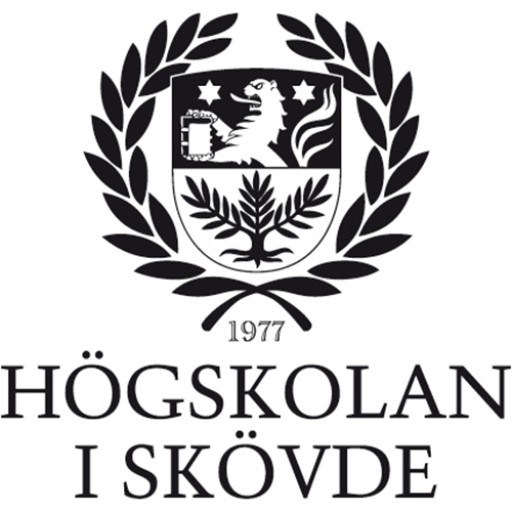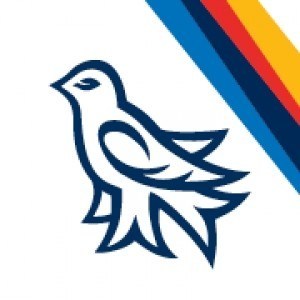Photos of university / #ucl
The MSc Cancer Biology program at University College London offers students an in-depth and comprehensive understanding of the complex biological processes underpinning cancer development, progression, and treatment. Designed for those aspiring to advance their careers in cancer research, clinical practice, or related biomedical fields, this programme combines cutting-edge scientific knowledge with practical laboratory skills. Students will explore a broad range of topics including genetic and epigenetic mechanisms of cancer, tumour microenvironment interactions, cancer stem cells, metastasis, and novel therapeutic strategies. The curriculum emphasizes the integration of molecular biology, pathology, and pharmacology, providing a multidisciplinary perspective essential for modern cancer research. Throughout the course, students gain hands-on experience through laboratory practicals, research projects, and seminars led by leading experts in oncology. The programme also offers training in experimental design, data analysis, and scientific communication, preparing graduates for roles in academia, industry, or healthcare settings engaging in cancer research, diagnostics, and treatment development. UCL's state-of-the-art facilities support a vibrant research community, enabling students to participate in pioneering projects that contribute to understanding and combating cancer. The programme is suitable for graduates with backgrounds in biological sciences, medicine, or related disciplines seeking to deepen their knowledge and research skills in oncology. Graduates will be equipped to pursue careers in research laboratories, pharmaceutical companies, clinical settings, or continue with PhD studies. UCL's strong connections with hospitals and research institutions ensure students benefit from excellent networking opportunities, placements, and collaboration on real-world cancer problems. This MSc programme is committed to fostering innovative thinking, critical analysis, and scientific excellence, empowering students to contribute meaningfully to the future of cancer diagnosis, therapy, and prevention.
Core modules
- Basic Biology and Cancer Genetics
- Cancer Therapeutics
Specialist modules
- Behavioural Science and Cancer
- Biomarkers in Cancer
- Cancer Clinical Trials
- Haematological Malignancies and Gene Therapy
Dissertation/report
All MSc students undertake a laboratory project, clinical trials project or systems biology/informatics project, which culminates in a 10,000–12,000 word dissertation and an oral research presentation.
Teaching and learning
Students develop their knowledge and understanding of cancer through lectures, self-study, database mining, wet-lab based practicals, clinical trial evaluations, laboratory training, assigned reading and self-learning. Each taught module is assessed by an unseen written examination and/or coursework. The research project is assessed by the dissertation (75%) and oral presentation (25%).
- 5 year Specialist Diploma with an overall mark of 4.5/5.0
- Bachelor's degree with an overall mark of 4.5/5.0
- Test of English as a Foreign Language (TOEFL). Score of 100 overall with 24/30 in reading and writing and 20/30 in speaking and listening
- British Council International Language Testing System (IELTS Academic Version). Overall grade of 7.0 with a minimum of 6.5 in each of the subtests.
The University College London (UCL) offers a comprehensive support system for students enrolled in the Cancer studies program, including a variety of financing options tailored to meet diverse needs. Tuition fees for domestic and international students vary depending on the specific course and year of study, with current figures available on the UCL website. Scholarships and bursaries are available for outstanding students, which can significantly offset tuition costs; these include the UCL Scholarships for Excellence, the President’s Undergraduate Scholarships, and various external funding opportunities. Additionally, students are encouraged to explore government financial aid programs, such as student loans and grants provided by the UK government or their home country, where applicable. UCL also offers a range of work-study opportunities, including research assistantships and teaching support roles, which allow students to earn supplementary income while gaining valuable academic experience. International students may also consider applying for specific scholarships designed to support their studies, such as the UCL Global Engagement Scholarships. Furthermore, the university has partnerships with several organizations and foundations that provide funding for students engaged in cancer research and related fields. Financial planning is an essential part of the enrollment process, and prospective students are advised to consult the UCL Student Funding Office for personalized advice and updated information on available funding sources. The university strives to ensure that financial barriers do not prevent talented students from pursuing their academic ambitions, offering extensive guidance to help applicants identify the most appropriate funding pathways. Overall, the combination of internal scholarships, external funding, work opportunities, and government aid forms a robust framework to support students financially throughout their studies in Cancer at UCL.
The MSc Cancer programme at University College London provides an in-depth understanding of the biological basis of cancer, its treatment, and management. This course is designed for students seeking to develop a comprehensive knowledge of cancer biology, epidemiology, and clinical practices. The programme covers key aspects such as molecular biology of cancer, tumor genetics, cancer screening, and emerging therapies, including immunotherapy and targeted treatments. Students will explore the mechanisms of carcinogenesis, tumour progression, and the tumour microenvironment, alongside designing and analysing preclinical and clinical research. UCL's state-of-the-art laboratories and research facilities enable students to engage in practical experiments and project work, often in collaboration with leading cancer research institutes. The course offers a variety of teaching methods, including lectures, seminars, workshops, and laboratory sessions, fostering interactive and multidisciplinary learning. Additionally, students can choose optional modules to tailor their learning experience to specific interests, such as personalised medicine, cancer prevention, or healthcare policy. The programme also emphasizes critical thinking, data analysis, and scientific communication skills, essential for careers in research, healthcare, or industry. Throughout the course, students are encouraged to engage with current research developments and participate in seminars featuring leading experts. The MSc Cancer prepares graduates for careers in cancer research, clinical research, pharmaceutical industries, or further academic study, including PhD programmes. Admission typically requires a relevant undergraduate degree in biomedical sciences or related fields. Graduates benefit from UCL's strong links with hospitals, research centres, and industry, facilitating networking and career development opportunities. The programme's rigorous academic structure and research focus aim to produce highly skilled professionals equipped to contribute to the advancement of cancer understanding and treatment.
(Please note that this text has been generated based on typical programme descriptions at UCL and inferred details, as specific current programme content from the UCL website was not directly accessible.)










